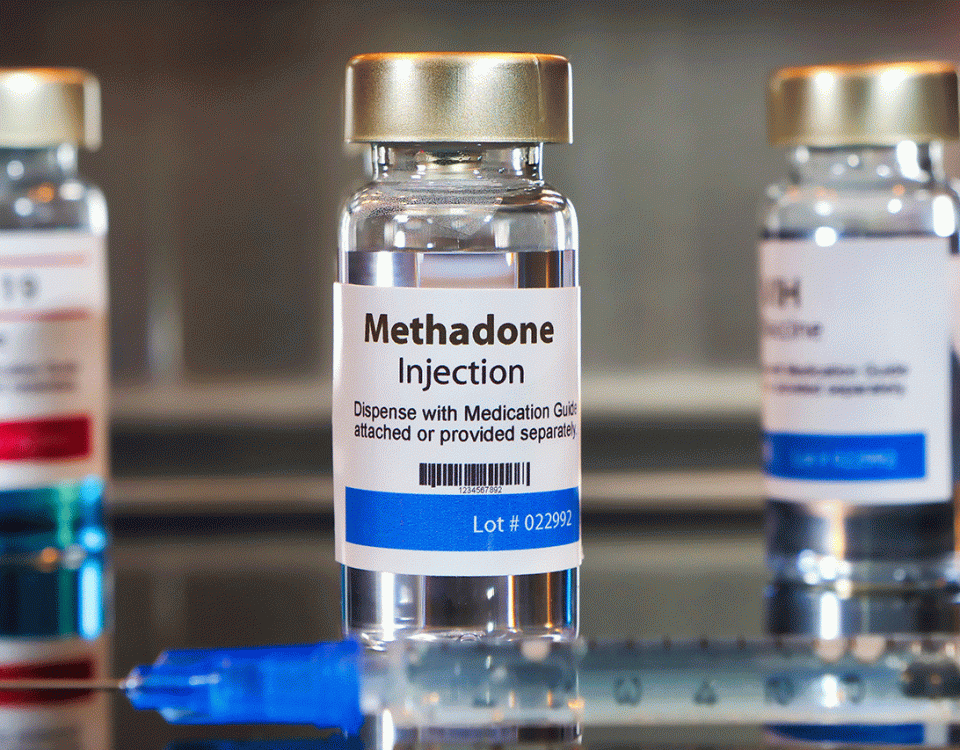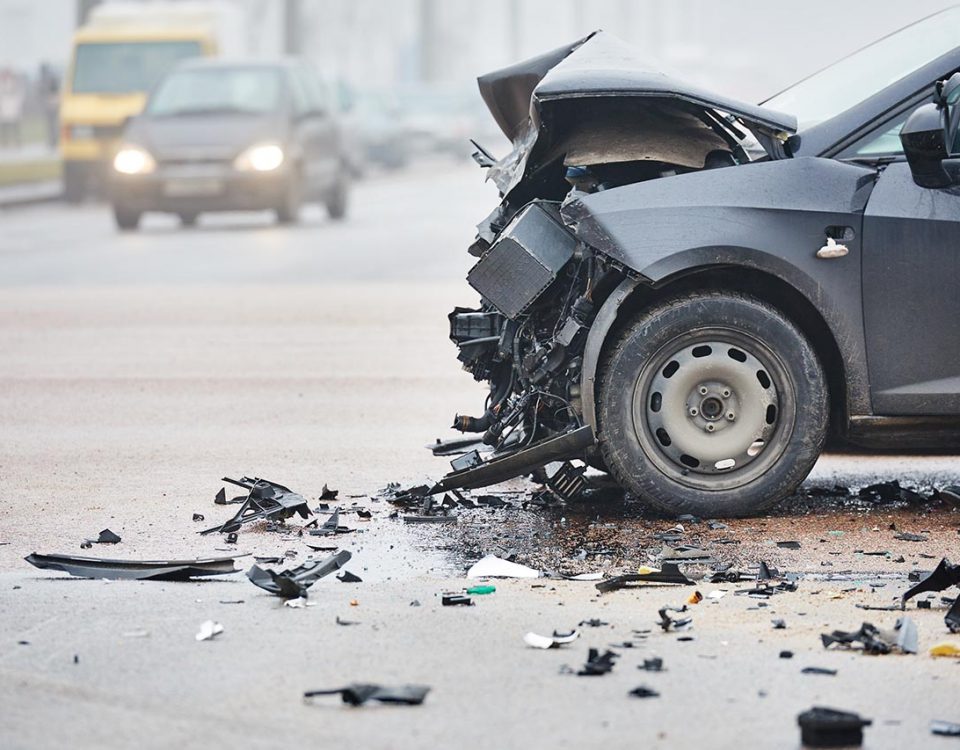Although many people have drinking problems, alcoholism is still accompanied by a large social stigma.
Unfortunately, because of the way the media portrays alcohol abuse, as well as many people’s preconceived notions about drinking problems, many view alcoholism harshly and unfairly. In actuality, over 14 million adults in the United States have an alcohol use disorder each year,1 and this disorder can range from high-functioning alcoholism to a crippling drinking problem.
The Stereotype & Stigma of Alcoholism
When many people think of alcoholism, they usually jump right to the more severe cases of this disorder. Homeless people or violent outbursts may come to mind, followed by people getting fired for drinking on the job or being unable to care for their children. While this is sometimes the case, this alcoholism stereotype is not always the norm.
What many people neglect to realize is that alcoholism is a disease with a wide spectrum of severity. Because many people are quick to jump to the worst-case scenarios, the stigma attached to alcoholism often linked people with drinking problems to characteristics such as laziness, lack of willpower, failure, violent tendencies, argumentative behaviors, and irresponsibility. In reality, alcohol use disorders are a disease that can stem from a variety of uncontrollable factors such as genetics, mental health problems, exposure to trauma, or their upbringing. Even those who go through an alcohol detox and treatment program to get sober will likely have the stigma attached to alcoholism haunt them.
Why the Stigma Facing Alcoholism is Dangerous
Although the stigma surrounding alcohol abuse may not seem like a huge deal, it can have bigger implications than many people realize. It may even keep someone from getting sober.
Trouble Recognizing a Problem
One of the most dangerous parts of the alcoholic stereotype is that it may prevent some people from recognizing a drinking problem or be an excuse for those in denial. If someone does not fit the exact stereotype of alcoholism, it does not mean they do not have a harmful drinking problem. Because the stigma attached to alcohol abuse is so harsh, the person may also be less likely to believe that they are in actual need of help.
Afraid to Get Help
Even if someone recognizes that they have a drinking problem, they may not be willing to get help because of the stigma attached to alcohol abuse. With such harsh views on alcoholism from society, many people are ashamed of their drinking and believe that coming forward will only open them up to criticism. Instead of getting into an inpatient or outpatient program for help, many will choose instead to continue their struggle alone. They will likely never get sober, and the problems could get significantly worse.
Judgment After Recovery
Although someone may have put their drinking behind them, the stigma associated with alcoholism can still follow them. Even if they do not realize they are doing it, some people judge or discriminate against people in recovery. This type of behavior can take many forms. It may be a backhanded comment about sobriety, or it could be someone embarrassed to admit their loved one is in recovery, even when the loved one is willing to share. This type of continued judgment can hinder the recovery process and prevent the recovering alcoholic from moving forward.
Risk of Relapse
When someone does get sober, they are not out of the woods completely. The risk of relapse is high in early recovery, and the stigma attached to alcoholism could be making it worse. Even though they got addiction treatment and got sober, the negativity surrounding alcohol abuse from others could translate into negative thoughts about themselves. This pessimistic view may be why the person turned to alcohol in the first place and could lead them back down that crooked path.
Because the stigma surrounding alcohol use disorders can be harmful in more ways than one, it is important to do your part to reduce the stigma. Try not to perpetuate harmful stereotypes and be open to people in recovery. These small actions could make a world of difference for someone you love.
At Banyan Treatment Centers, we help people with behavioral health problems make changes in their lives for a better future. If you or someone you love needs help, call us now at 888-280-4763.
Sources:




















